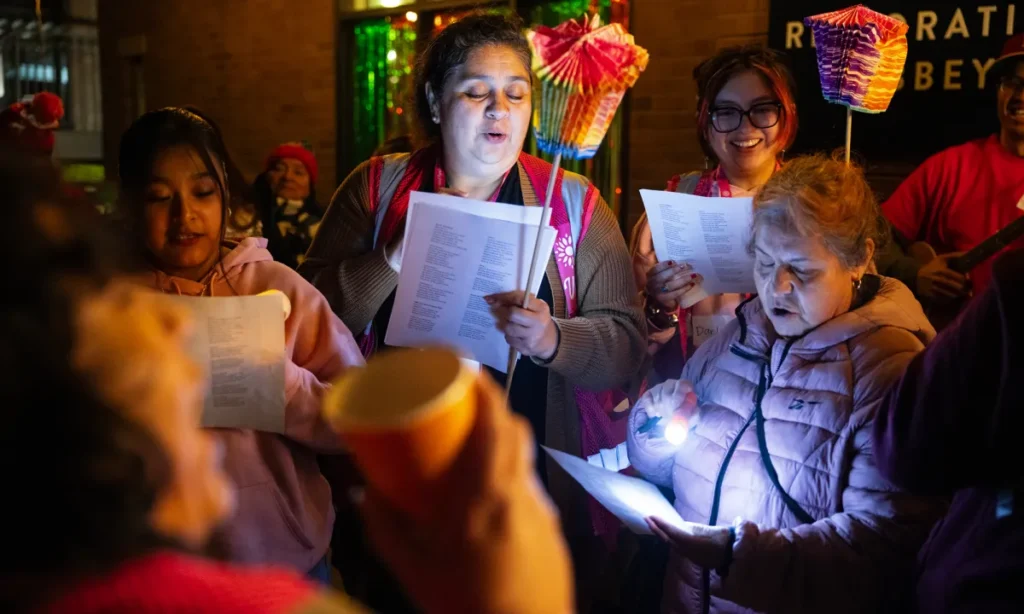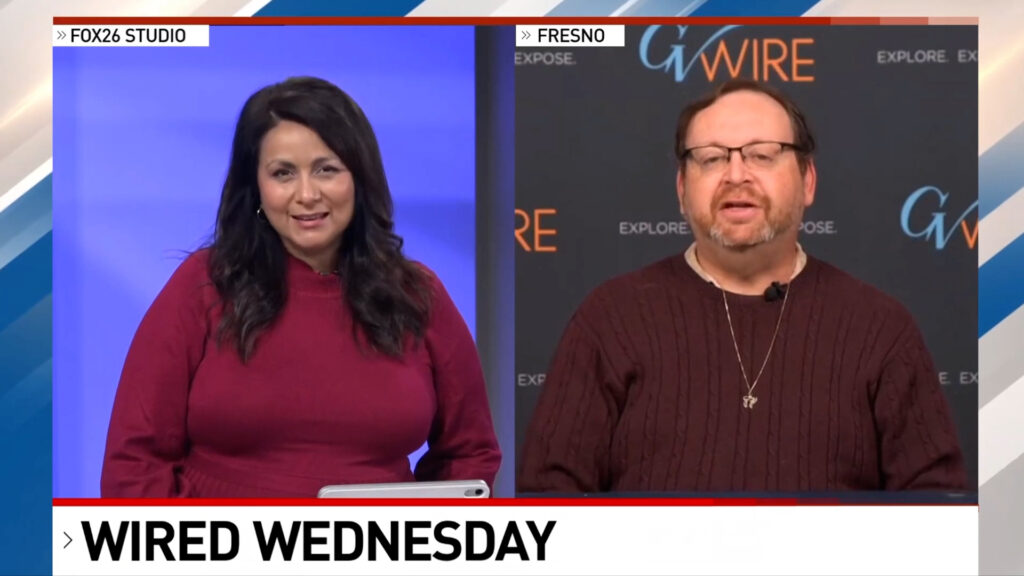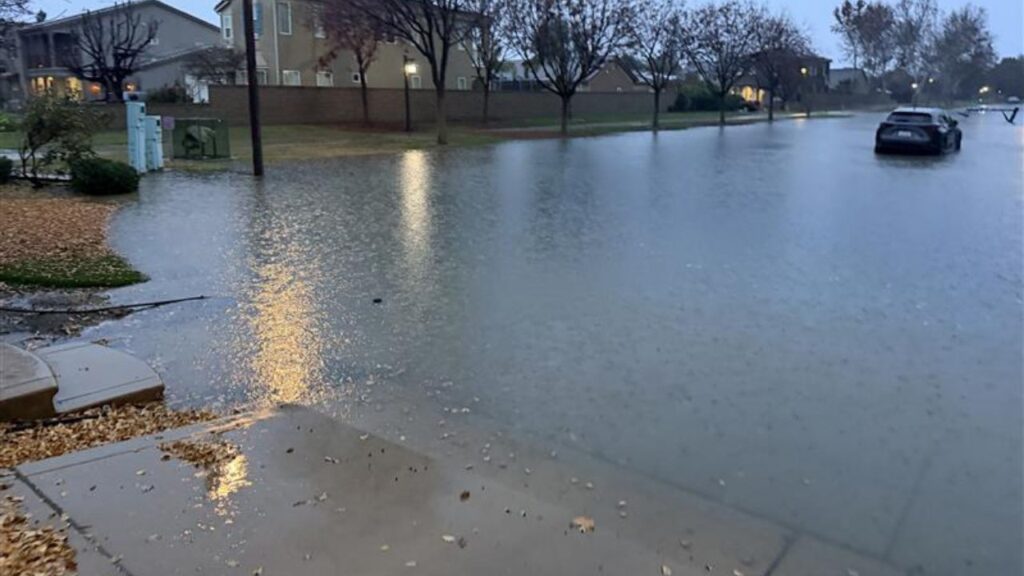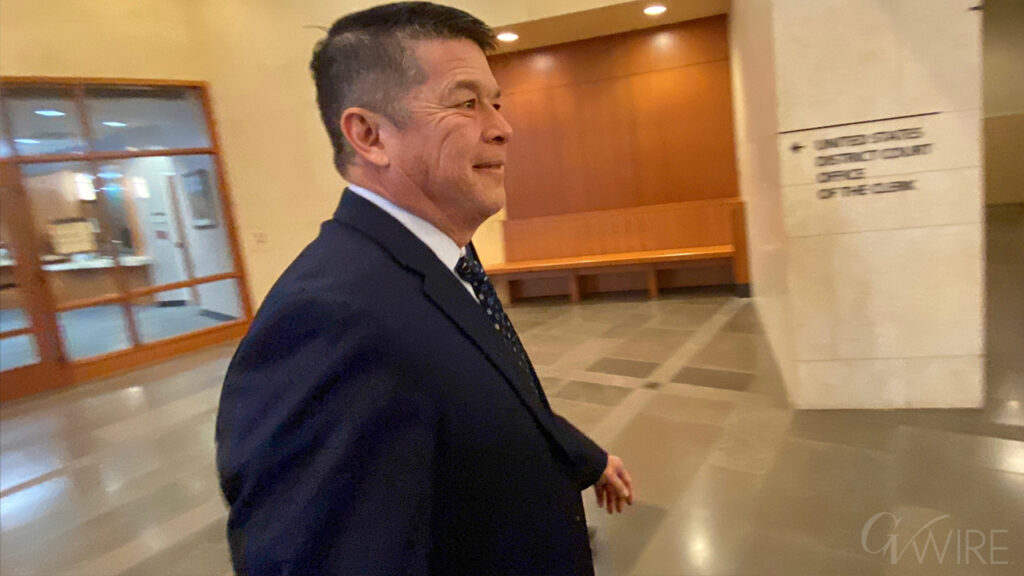Share
|
Getting your Trinity Audio player ready...
|
Twenty-two California legislators are asking the California Public Utilities Commission to hit the brakes in its drive to establish income-generated fixed charges for electricity customers.
In a letter sent last month to PUC President Alice Busching Reynolds, the 22 Assemblymembers cautioned against proceeding with designing new fixed rates without providing ample opportunity for public involvement in the process.
“Given the breadth of impact to rate payers, it is only fair, in the name of transparency and full disclosure, that a full public process be conducted to hear from all parties that will be affected, not just those who are party to the proceeding,” the Assemblymembers wrote.
The requirement to establish income-based fixed charges was established in Assembly Bill 205, which was signed into law in June 2022. As a budget trailer bill, it faced little discussion in the Legislature: Language requiring the PUC to set rates for income-based fixed charges no later than July 1, 2024 was added to AB 205 in the Senate three days before the Senate and Assembly voted to approve it.
The Assemblymembers who signed the letter are all Democrats representing the Los Angeles, San Diego, San Jose, central coast, Bay, and North Bay areas. None are from the Central Valley. Fifteen of them were in office in June 2022 and voted to approve AB 205.
PUC Needs to Take More Time
But now the 22 legislators agree that the timeline should be extended beyond the legislative deadline to provide enough time for public participation hearings, according to staffers.
Up to now, only a dozen “stakeholders” that include utility companies and advocacy organizations have submitted rate proposals and have submitted briefs and letters that will be considered before a proposed decision is issued, which a PUC spokeswoman said is expected sometime in the first three months of 2024. The public can submit comments on the PUC website but not at hearings.
The intention of the law is to lower the costs of electricity — Californians pay some of the highest rates in the country — for lower-income residents for whom rising utility costs consume ever-increasing chunks of their household budget. The burden of the utility’s fixed costs would shift to higher-income residents.
California’s move toward electrification includes setting bans on the sale of new gas furnaces and hot water heaters starting in 2030 and gasoline-powered vehicles starting in 2035 to move the state toward its goal of zero carbon emissions by 2045.
But state officials don’t want high electricity rates to be an impediment for the expansion of electrification, particularly among lower-income residents.
Separating Fixed Costs from Electricity Usage
Under the current billing system, the state’s investor-owned utilities roll all the costs of electricity — transmission, generation, infrastructure maintenance, and the kilowatt hours used by consumers — into customers’ monthly bills.
With AB 205, the amount of electricity used would be separated from infrastructure and operational costs, the so-called fixed costs. Doing so would lower the price of electricity used by customers.
Under such a system, lower-income residents would pay less in fixed charges and would have more money to spend on electricity, making electric heat pumps, stoves, and vehicles more affordable for them to use.
But a huge public outcry emerged after fixed charge proposals were presented earlier this year to the Public Utilities Commission. The investor-owned utilities — Pacific Gas and Electric, Southern Cal Edison, and San Diego Gas and Electric, proposed rates ranging from $15 to $92 monthly — even for customers who have solar systems and are generating much if not all of their own power.
Proposals from nonprofits and consumer advocacy organizations proposed lower-cost rates that would still be income-dependent.
The income component has raised concerns about privacy violations if customers are required to reveal how much they make. Currently such information is provided voluntarily by customers who are seeking discounts through assistance programs.
Legislators: Proposed Charges Too High
The legislators’ letter expressed concern about how Californians who are low-income but who do not qualify for assistance programs such as the California Alternate Rates for Energy Program (CARE) and the Family Electric Rate Assistance Program (FERA) would be able to afford even $30 a month in fixed charges.
“It’s important to consider the real impacts of these theoretical discussions on rate payers that may already be living paycheck to paycheck,” the letter says. “A $30 fixed rate fee for these rate payers would result in their electrical bill costing an extra $360 per year, to which that rate payer would see no direct benefit and would have no ability to lower through conservation or ‘time of use’ adjustments.”
PUC spokeswoman Terrie Prosper said agency officials will give due consideration to the impacts of all the proposals before reaching a decision.
“The CPUC is committed to analyzing all the proposals, as well as other evidence in the proceeding, to make sure that implementation of AB 205 will equitably distribute costs and facilitate the achievement of our state’s clean energy and climate goals,” she said.
Legislators’ Letter to CPUC
RELATED TOPICS:
Categories

Pebble Is a Tiny Adventure Seeker With a Big Heart

















